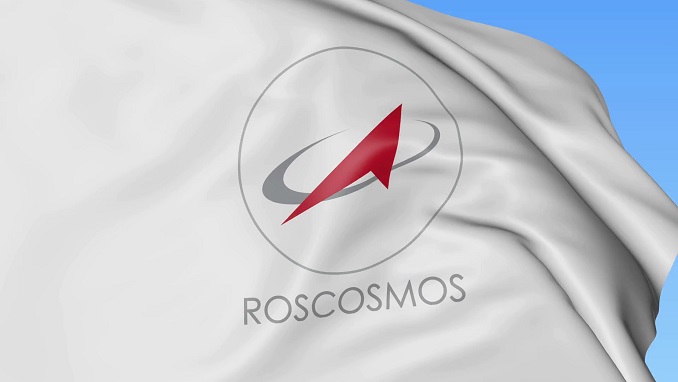According to the Progress press office, the Progress Rocket and Space Center under the federal space agency Roscosmos submitted the conceptual design of the Amur methane-powered carrier rocket with a reusable stage to the space industry’s research institutions on Tuesday, TASS reports.
According to the Progress Rocket and Space Center, the majority of research institutions have given favorable findings for the conceptual design. The space company does not rule out the possibility of delaying the development of the new methane-powered rocket.
“Considering the necessity to complete it, the Progress Rocket and Space Center does not rule out that the final date of presenting the conceptual design may be changed,” the press office stated.
The concept may be completed and enhanced in light of the main customer’s further suggestions for integrating [Russian oil giant] Gazprom and its companies in the project, as well as the preliminary survey work at the Vostochny Cosmodrome, according to the Progress press office.
In October of last year, Russia’s State Space Corporation Roscosmos and the Progress Rocket and Space Center inked a contract for the conceptual design of a space rocket system with the Amur, the world’s first reusable methane-powered rocket. The rocket will have a reusable first stage and will be launched from the Vostochny spaceport in the Russian Far East’s Amur Region.
Progress CEO Dmitry Baranov said in February that development on the conceptual design of the Amur methane-powered rocket will be finished in the third quarter of 2021. Meanwhile, in a live broadcast of the Big Space TV show, Roscosmos Executive Director for Long-Term Programs and Science Alexander Bloshenko said that the conceptual design work will be finished in September.
The Amur is a commercial rocket transporter. It will be able to carry up to 10.5 tons of cargo into a low near-Earth orbit with its reusable stage, compared to 8.5 tons carried by Soyuz-2 rockets.












